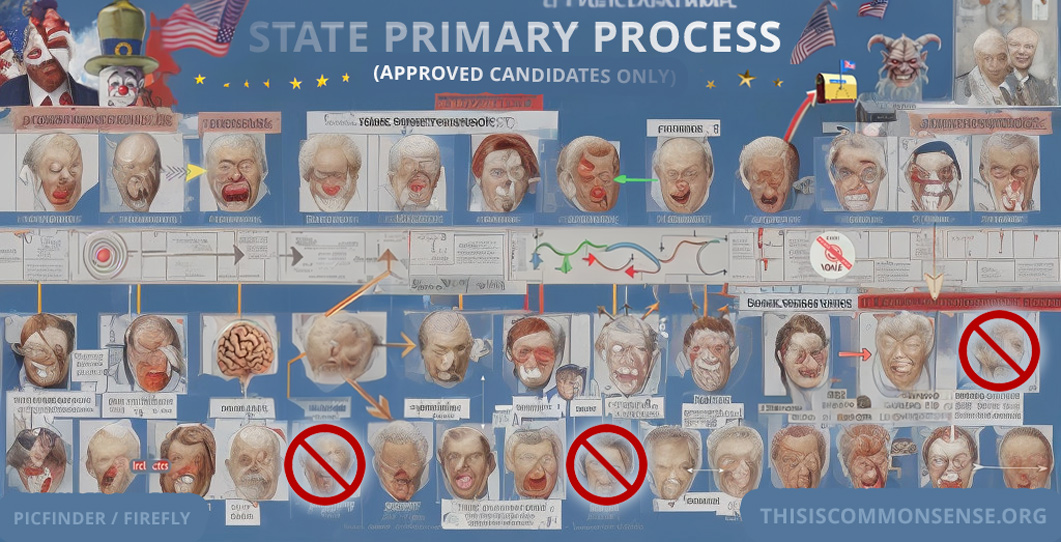Though “[s]everal left-leaning groups have sued to block the former president from the state’s ballot on 14th Amendment grounds,” Tom Ozimek of The Epoch Times reported in November, “Trump Listed on Michigan Primary Ballot,” as the headline states.
The primary was yesterday. Trump won. As expected.
But he appeared on the primary ballot only with legal wrangling. Michigan Secretary of State Jocelyn Benson, a Democrat, was under a lot of pressure to keep Trump off the ballot. Which she resisted, explicitly stating that she thought the maneuver to allow state officials to prohibit Trump from appearing on ballots because of the 14th Amendment’s “insurrection” clause was
Michigan’s voting system is now quite complicated. First, it’s an open primary state, so there will always be strategic voting, where partisans will cross lines to sabotage opponent parties. Though in the case of Trump, there is some irony here, since Trump benefitted in 2016 from such voting by Democrats, thinking he was the candidate easiest to beat in the general election.
Michigan sports a hybrid system for selecting partisan candidates to appear on the general election ballot. “More of Michigan’s 55 delegates to the Republican National Convention (RNC) will be awarded,” explains Nathan Worcester, also of The Epoch Times, “through the caucus process than through the primary vote — 39 as opposed to just 16.” But there are dueling conventions for caucusing, and it’s quite a mess.*
Michigan also now offers early voting at special voting sites. Is it a sign of a healthy democracy that there are so many ways to vote?
It sure doesn’t seem healthy that national partisan politics almost kept a Republican candidate off a primary ballot. Could the solution be to take parties’ candidate selection entirely out of state balloting?
Demote major parties from their current favored position to paying their own way.
This is Common Sense. I’m Paul Jacob.
* In the Democratic Primary, President Biden won big against Dean Phillips, a largely unknown congressman from Minnesota, and author Marianne Williamson. But, with roughly half the vote counted, a not insignificant 14 percent of Democrats snubbed the president (and the field) by voting “Uncommitted.” Many were no doubt protesting the president’s policies concerning the Israel-Hamas War; in the county containing the University of Michigan, 20 percent voted uncommitted. Yet, even in rural counties across Michigan, more than 10 percent of Democrats opted for uncommitted.
Illustration created with PicFinder and Firefly
—
See all recent commentary
(simplified and organized)


